In 2022, AI blew up...hard.
 Almost overnight:
Almost overnight:
Resumes had to now pass a screening round by AI.
Hacks about how to "engineer AI prompts" were suddenly flying around LinkedIn.
“Ethical AI” became the hottest topic that you just HAD to have an opinion on.
Before I knew it, I had a job with a tech company, helping them develop a new AI feature for their product.
I found it hard to wrap my head around the AI revolution. It was changing everything we know about the job market. And it hasn't seemed to stop.
If you feel overwhelmed by how fast things are going, use these five insights to help you navigate through this wild and fast-changing professional landscape.
1. Knowledge is Power
I’m not saying it’s easy to know what's happening in the AI world. Especially with the speed at which AI innovations are coming at us.
When I started to enter the conversation around AI — whether for my job, to upskill, or just out of sheer curiosity — I was quickly overwhelmed.

It seemed like everyone had a new tool to talk about, or insights about how to use it best. Finally, after some trial and error, I started to build an intentional approach to staying informed.
The biggest mistake you can make right now? Turning your head away.
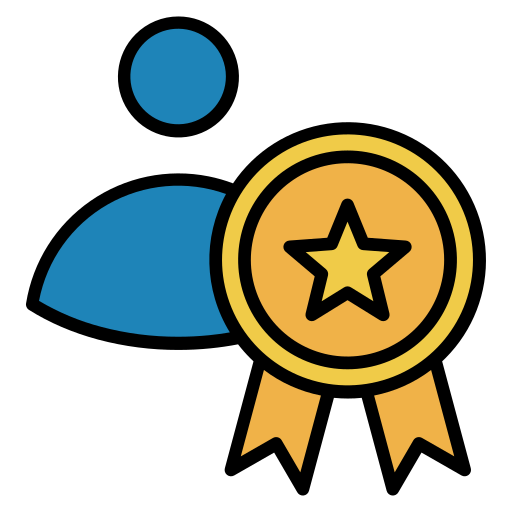 Follow Niche Experts
Follow Niche Experts
Don’t try to take it all in, and from every source you come across. Be clear on what you're looking for, and then find experts in your field or topic of interest, whose opinions you can trust. This could mean following their YouTube channels and LinkedIn posts, subscribing to their email newsletters, or attending webinars they host.
For example:
Instead of gathering scattered information, a digital marketing professional might benefit from a detailed, 15-video course Digital Marketing Strategy with AI course on the YouTube channel, Senator We Run Ads.
On the other hand, if your focus is on using AI to maximize productivity, Tiago Forte's AI for Productivity 17-video playlist on YouTube might be just what you're looking for.
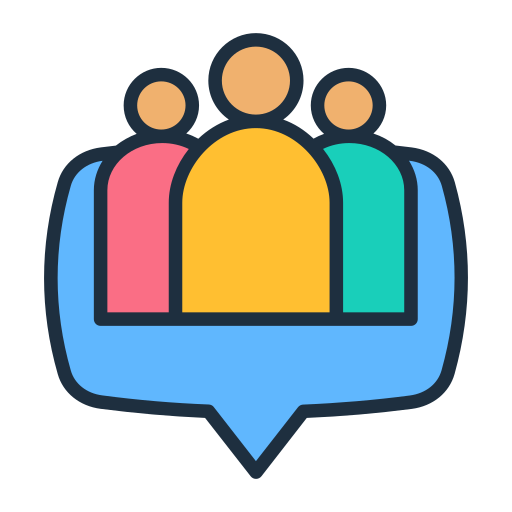 Find a Community of Practice
Find a Community of Practice
Trying to learn about AI in a vacuum can feel isolating. Join communities and groups where you can learn strategies from others who are interested in the same topics as you. This could mean joining groups on social media sites like LinkedIn, Reddit, or Discord. For a formal certification, consider joining a cohort-based program.
For example:
The Subreddit r/aiArt is a community space for creatives to share and receive feedback on their AI explorations of generating images, music, and written work.
Similarly, r/TeachingInTheAIEra is a subreddit for teachers to talk about their AI learning, share strategies, ask questions, and feel like they're not alone in navigating this massive adjustment.
2. Lifelong Learning All the Way
When I was starting my career, “excellent communication” just HAD to be mentioned in all resumes. Today, it seems that “AI prompt engineering” might be taking its place.
In our AI-powered job market, lifelong learning is no longer just a nice-to-have. It’s an absolute MUST for staying relevant.
Ginni Rometty, the former CEO of IBM, said, “AI will not replace humans, but those who use AI will replace those who don’t.”

This needs an intentional approach to building your learning plan, guided by a spirit of curiosity and experimentation.
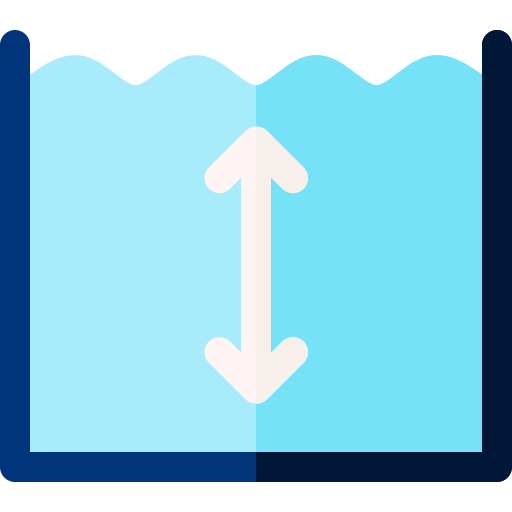 Aim for Depth before Breadth
Aim for Depth before Breadth
Instead of chasing all the AI trends you come across, pick one to start with. Build a workflow that suits you, and play around until you feel comfortable. Aim for mastery before variety; then add another one to your "tech stack" when you’re ready.
For example, after you initially play around with it, you may realize you need a week to get comfortable with the popular image editing tool Nano Banana.
Only after that will you move on to finally trying out that no-code website builder that's blown up, Lovable. Pacing your learning can help you manage overwhelm, and feeling a sense of success after each milestone can keep you motivated.
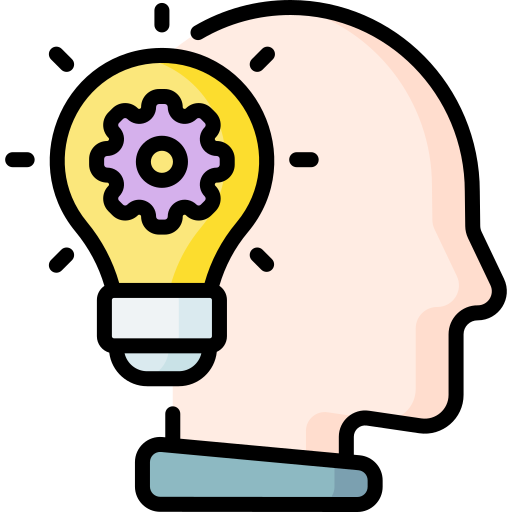 Reflect on Your Preferences
Reflect on Your Preferences
An AI expert loves a tool that you’re not keen on? Don’t sweat it. You’re allowed to prefer another tool (or prefer NOT to use AI for some tasks). Valuing your unique opinions will help you develop an intentional approach to AI upskilling.
Mull it over, write it down, and share your thoughts with others. Honour your unique AI journey to find YOUR “zone of genius”, not someone else's. Who knows, your unique experience may even be the reason your critical thinking gets noticed at work!
3. Master the Balancing Act
I’ve gone through some extreme phases with my relationship with ChatGPT, especially for writing.
First, I resisted it entirely, thinking I was cheating if I used AI for any part of the writing process.
Then, as I saw how it was supporting others' work, I got hooked on using it to discuss ideas and for its proofreading abilities. But soon, I realized that the “me” in my work was disappearing.
Now, I’ve found myself a good in-between.

It can be tricky to find that sweet spot. But think of it this way:
If you refuse to use AI...
You might be taking longer on a task than someone else who completes it quickly and delivers amazing work. In the long run, if the two of you are up for the same promotion... who do you think will get it?
If you rely too heavily on AI...
It can dull your skills.
Mistakes can pop up, your creativity can dry up, and you start getting lazy... or you start being SEEN as lazy.
Spend some time figuring out what YOUR balance looks like.
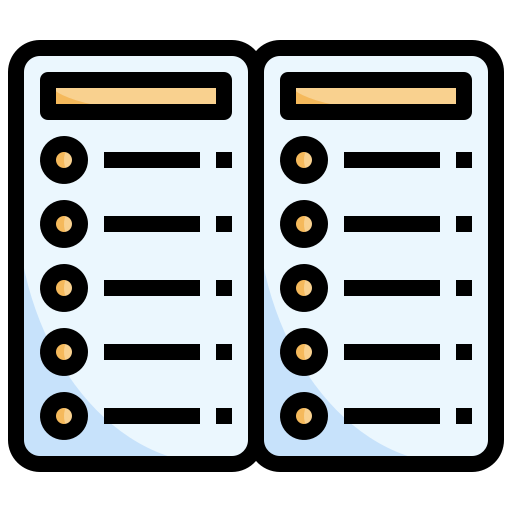 Create a YAY and NAY List
Create a YAY and NAY List
Think pros/cons, but more actionable. It’s like establishing roles in a relationship. What those role are can only be decided by your reality.
Maybe you want to use AI purely for brainstorming, but not for drafting. Or maybe you'll use AI to transcribe your notes, leaving the analysis for yourself. Decide your balance based on your responsibilities, preferences, strengths, time constraints, and the tools you use.
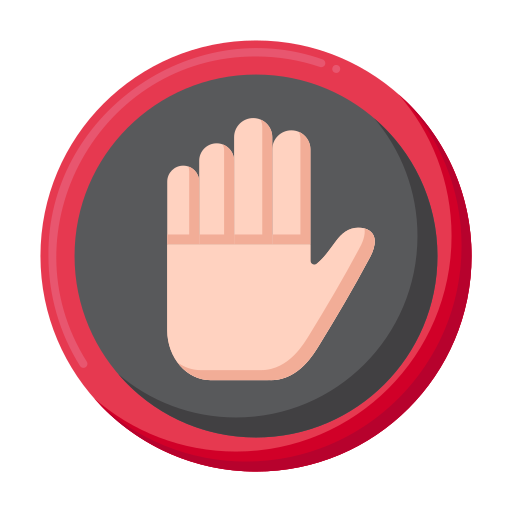 Tell AI to Stay In Its Lane
Tell AI to Stay In Its Lane
You have the power to tell AI NOT to do something, just as much as you ask it TO do something.
When I now ask ChatGPT for proofreading support, I’ll say something like: “I don’t want you to change my writing. I only want you to point out if there are any grammar or sentence construction issues I missed.” At the end of the day, I decide what I do and don't want from my AI-powered intern.
4. Hold On to Your Humanity
An increase in AI adoption creates a risk of job takeover. While we don’t know exactly what the future holds, the AI models of today aren't a match for human emotions and personalities.
The more widespread the use of AI, the more valuable our “humanness” becomes. Infusing personality into your professional presence becomes that much more important in the unstable job market of the AI revolution.
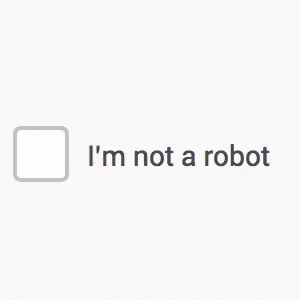
 Build a Personal Brand
Build a Personal Brand
Do this by intentionally combining your skills, values, personality, and experiences to help you stand out in a crowd. This could include your strengths, core values, interests, humour, and quirks. Your humanness will call out to people and opportunities that align with who YOU are, outside of technical skills.
For more on the importance of personal branding in the age of AI, check out Alex Cattoni's extensive YouTube interview with branding expert Dain Walker.
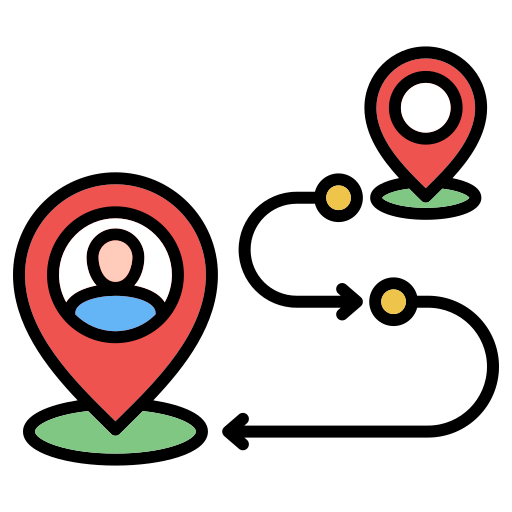 Share Your Journey
Share Your Journey
Increase your visibility on professional networking sites like LinkedIn. Don’t just talk about AI tools and outcomes and results — talk about your journey to reach there, the people who helped you, and the sights you saw on the way!
Just as employers value automation and efficiency, they also value seeing the soft skills that carry the work forward: collaboration, kindness, curiosity, leadership, and initiative.
Quiz
Ari is updating their LinkedIn headline. They want to highlight their AI skills while showing their personal value. What headlines could work? Select all that apply:
5. Be Kind to Your Mind
Since I started using AI tools, I've noticed a jump in my productivity, thinking capacity, and breadth of skills.
The AI wave is exciting that way — but in other ways, completely exhausting.

While it’s not medically recognized (yet?), “AI burnout” is a term that’s being used to describe the overstimulation that we feel from the increased use of AI and the pressure we feel to constantly have to adjust to new AI tools in the job market.
Stay aware of how your AI use is affecting you, and take steps to set your own AI limits.
 Check in with Yourself
Check in with Yourself
You might have heard of the saying, "If it ain't broke, don't fix it." In other words, think twice before you decide to throw out a system that works for you, just because something new and flashy comes along.
Just because a tech influencer can't stop raving about a tool that will "CUT YOUR WEEKLY PLANNING TIME BY HALF!!!" doesn't mean it's right for you. If your Friday brainstorming-and-planning coffee date with your teammate hits the spot, chase away that FOMO, ease that sense of urgency, and enjoy the time spent in good company.
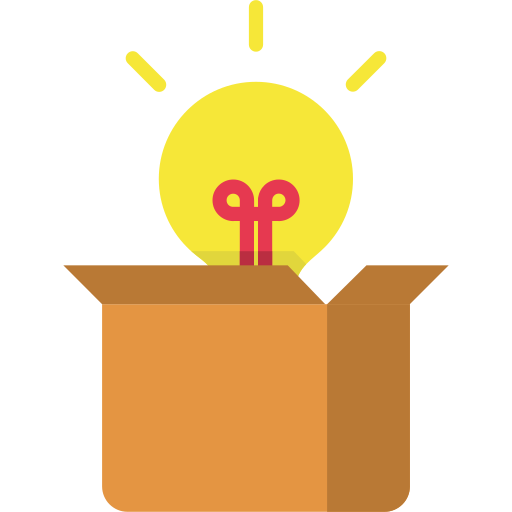 Break the Mould
Break the Mould
When you feel the robot-brain creeping up on you, take it seriously. Carve out some time to break the pattern of thinking in prompts, commands, and emotionless logic.
Plan an AI-free block in your day, ask a real human for feedback, and lean into trusting yourself again.
Take Action
And there you have it! Five top insights to stay relevant (and human) in this AI revolution we're living through.

Ask yourself these questions to help you stay in control of how you're navigating the job market.
Your feedback matters to us.
This Byte helped me better understand the topic.
